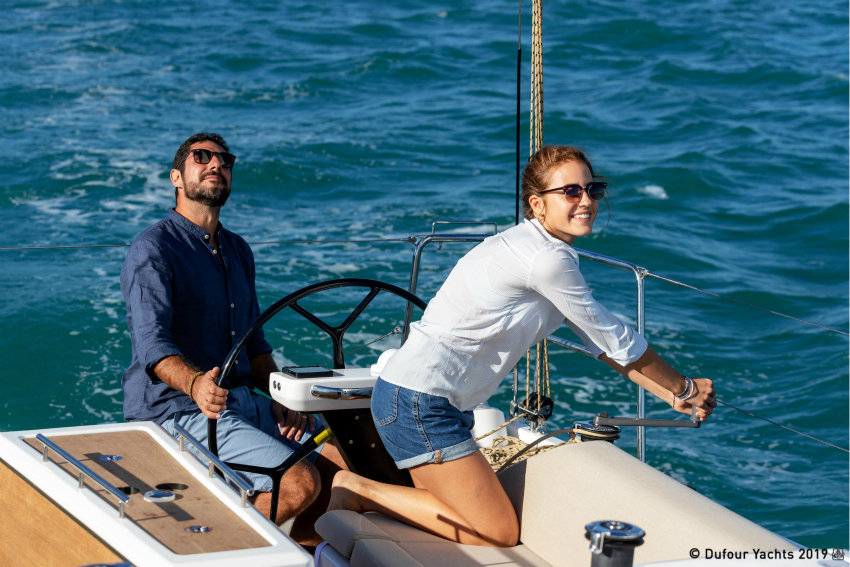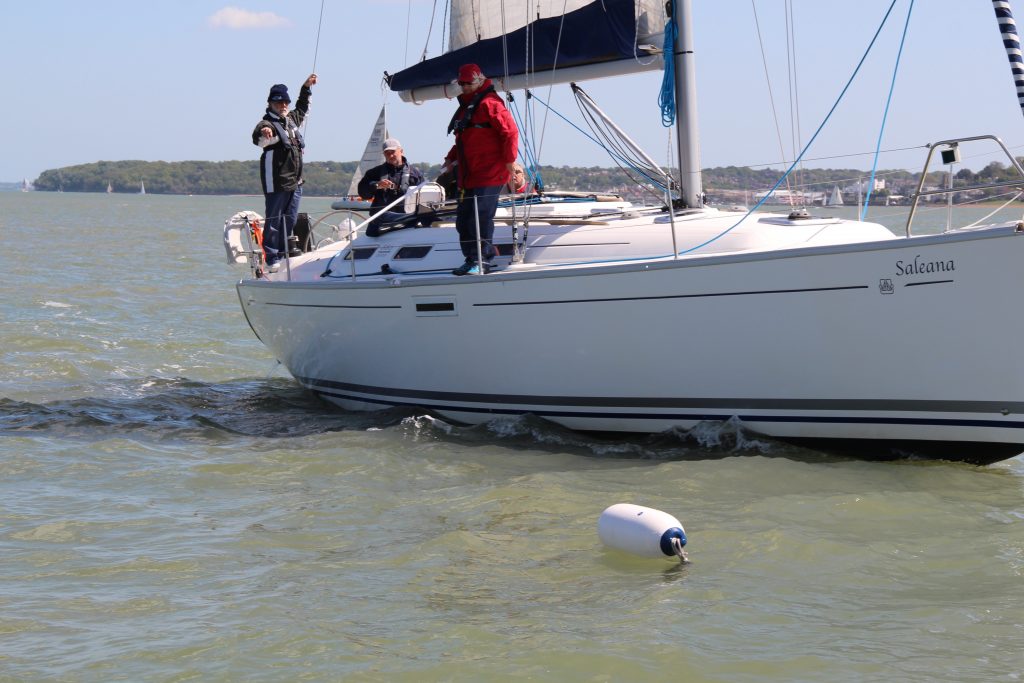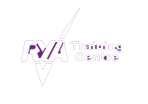This is perfect for a private group or family team who want to improve their skills, learn how to sail a yacht and have a holiday at the same time.As well as all the RYA Courses up to Yachtmaster we are able to offer Mile Building Weekends, Day Courses and any form of Skippered Charter to couples, families and private groups.Whether you are looking for formal training, a relaxed skippered charter around the Solent or just want to try sailing for the first time with your friends or family, then contact us now to see how we can help.

Naturally with an established group we have far more flexibility as well as offering you a far better learning environment. You can choose to follow an RYA syllabus to achieve a recognised qualification but equally we can build a course around your requirements targeting your specific training needs.

Naturally with an established group we have far more flexibility as well as offering you a far better learning environment. You can choose to follow an RYA syllabus to achieve a recognised qualification but equally we can build a course around your requirements targeting your specific training needs.
Dates
For private courses we are not setting fixed dates so just call us to check availability and we can get you booked in.
What is included the price
- Yacht Hire & Safety Equipment
- Instructional Skipper
- Mooring Fees
- Breakfasts & Lunches
- Yacht Fuel & Gas
- RYA Certificates
The only thing we don’t provide are the evening meals which can be taken ashore.
If preferred we can also arrange for the instructor to sleep ashore for the additional cost of B&B ashore.
Private Courses & Rates
Courses are priced for taking whole yacht with up to 5 persons max.
| Main Season – April to October |
| 1 Day Boat or Sail Handling, Try Yachting (Midweek day) |
£895 | |
| 1 Day Boat or Sail Handling, Try Yachting (Weekend day) |
£1280 |
| 2 Day Start Yachting (Midweek) |
£1740 | |
| 2 Day Start Yachting (Weekend) |
£2150 |
| 2 Day Rusty Skipper / Mile Building (Midweek) |
£1740 | |
| 2 Day Rusty Skipper / Mile Building (Weekend) |
£2150 |
| 3 Day Flotilla Training/ICC (Midweek) |
£2460 | |
| 3 Day Flotilla Training/ICC (Weekend) |
£3000 |
| 5 Day RYA Courses * (Midweek) |
£2830 | |
| 5 Day RYA Courses * (Over a Weekend) |
£4390 | |
| 5 Day RYA Courses * (2 + 3 Day) |
£4930 |
Prices are for the whole yacht with a max of 5 persons.
Yacht we use for our courses is a Dufour 390.
If there is anything outside of our standard courses you would like to do then just let us know.*5 Day Courses include :-
- Start Yachting
- Competent Crew
- Day Skipper
- Coastal Skipper
- Yachtmaster Prep







